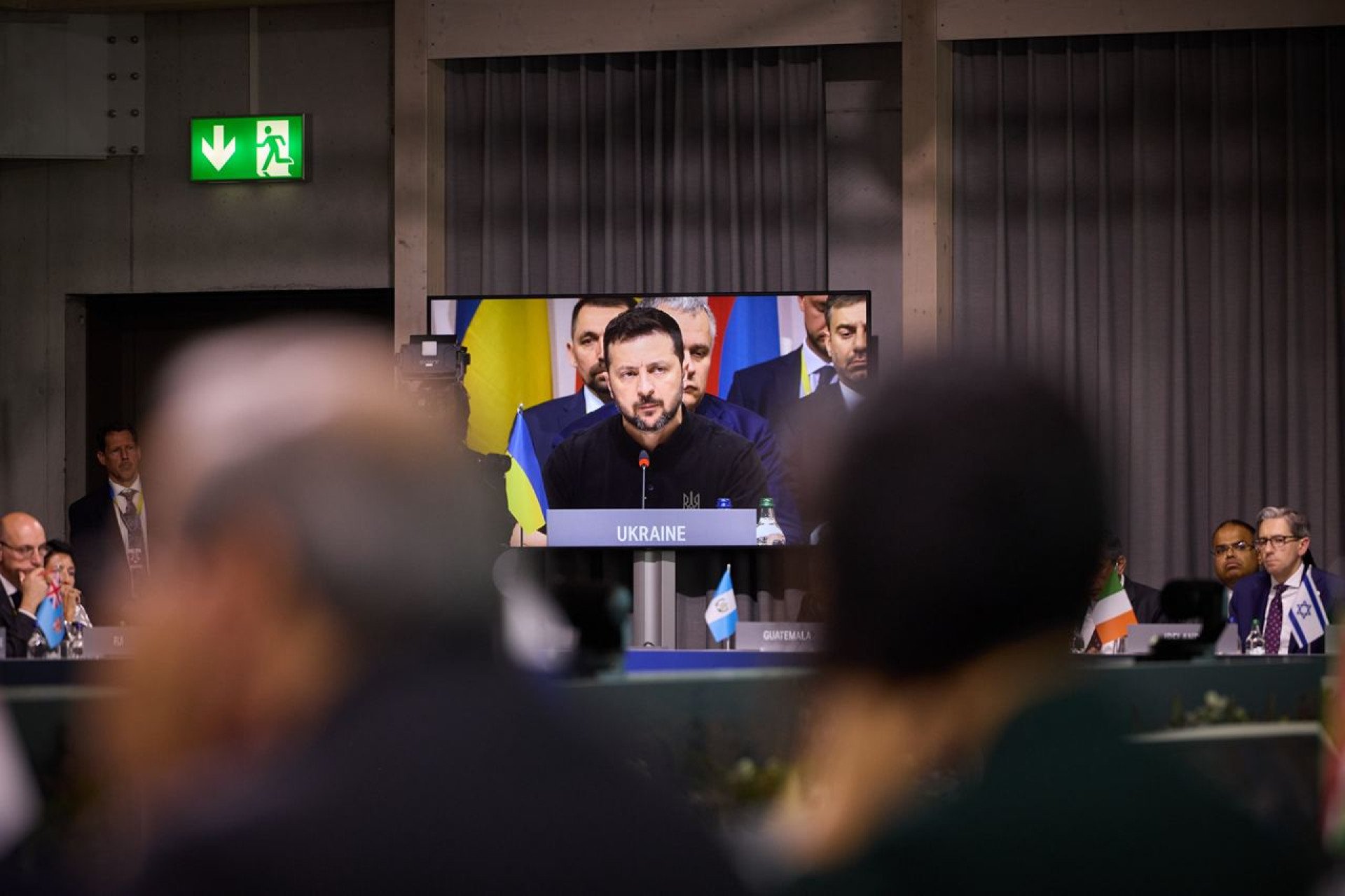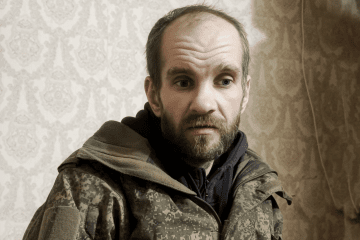- Category
- War in Ukraine
Here's Everything That Happened at the Historic Summit on Peace for Ukraine in Switzerland

The first Summit on Peace for Ukraine concluded with a powerful message—the world stands united against Russian aggression and is committed to sustainable and just peace. Here’s a recap of what happened.
The first Summit on Peace for Ukraine has concluded in Switzerland. We say “first” for a reason — the event may be repeated in the next six months, with many countries already expressing their willingness to participate in such a large-scale event again.
The Summit on Peace for Ukraine discussed the fundamental principles of sustainable peace worldwide, although the core topic was Russia’s aggressive war against Ukraine. The idea is to ensure that such events do not recur and that the principles enshrined in the UN charters are upheld by all participating countries. What were the outcomes?
100 participants from around the world
The Summit on Peace for Ukraine was jointly organized by Ukraine and Switzerland. Switzerland sent out 160 invitations, inviting representatives from all over the world. A hundred countries agreed to attend, and dozens of global organizations responded positively. Such a scale is significant. The reason is that Ukraine brought three critical issues to the summit, which indeed have a global dimension:
Nuclear safety
Food security
Prisoner exchange
Therefore, it was crucial that the largest countries in the world, as well as representatives from all continents, participated in the summit. India represented the Global South, Argentina and Chile joined from Latin America, and there were also representatives from Australia, Japan, South Korea, Canada, and Middle Eastern countries like Qatar and Saudi Arabia, as well as Turkey. The full list can be seen here.
The issues presented by Ukraine are not of local significance. Radiation in the event of a critical situation at the Zaporizhzhia Nuclear Power Plant, occupied by Russia, will not stop at Ukraine’s borders. Food grown in Ukraine is shipped worldwide. The exchange of prisoners is a matter of respect for international law and the Geneva Conventions, recognized globally.
Final Communiqué signed by 78 participating countries
The final communiqué was signed by 78 participating countries.
For Ukraine, it was important that during the summit, representatives from various countries explicitly pointed out the aggression from the Russian Federation and declared unprecedented support for Ukraine moving forward. This is particularly significant given that on the eve of the peace summit, Russian self-proclaimed president Vladimir Putin revealed his true intentions, stating that he was only ready to negotiate if Ukraine handed over territory from four of its regions and Crimea.
Participants agreed: Russia’s actions are not of a local scale but set an international precedent where one country, ignoring all possible treaties, starts an illegal war against another country without any grounds. This example threatens global peace.
What was said
Over the two days of the summit, global leaders united in their condemnation of Russian aggression and expressed unwavering support for Ukraine, delivering powerful statements that underscored the international community’s commitment to achieving a just and lasting peace.
Here are some of our favorite ones.
Nataša Pirc Musar, President of Slovenia
“Ukraine is fighting basically for the whole planet to respect international law.”
Ebba Busch, Vice Prime Minister of Sweden
“Putin will not stop at Ukraine. And I say this with some weight, Russia as a neighbor. Russia’s full-scale invasion of Ukraine led us to reassess our own policy of two centuries and seek together with Finland the reassurance of membership in NATO.”
Edgars Rinkēvičs, President of Latvia:
“What we see in Ukraine today is what many of the countries here present have seen also in the past. Russia is the country that is launching a colonial war.”
Justin Trudeau, Prime Minister of Canada:
“Ukraine says that close to 20,000 children were taken by Russia. We’ve recently seen reports of Ukrainian children being listed on Russian adoption websites. They’re being forced to forget their identity as Ukrainians. It’s a form of colonialism that the world cannot abide.”
Volodymyr Zelenskyy, President of Ukraine:
“The negotiations failed because they were not true negotiations, but rather ultimatums from Putin. He arrived with tanks during the full-scale invasion, surrounding our capital and occupying many regions of our country.”
The work of the entire world
Although the Summit on Peace for Ukraine has ended, the work continues.
As Ukraine proposed from the beginning, all the work resulting from the summit should be handed over to Russia, the country that caused the need for such a summit. Switzerland will handle this, aiming to discuss each point directly with Russian representatives. Furthermore, the Summit on Peace for Ukraine is not a closed club, so its decisions will also be discussed with other countries that did not participate, including China and Brazil.
As reported by Ukrainian representatives, they will continue to work on each point individually with other countries. “The next steps are to hold thematic events on each point at the level of ministers and advisors. We already have readiness for their organization from several countries, including France, the Czech Republic, Turkey, Kenya, Saudi Arabia, the United States, Norway, Poland, Canada, Qatar, Chile, Finland, the Netherlands, Germany, and the United Kingdom,” explained Deputy Head of the President’s Office Ihor Zhovkva.
The active involvement of many countries at the Summit on Peace for Ukraine demonstrated the global nature of the summit: it’s not just about Ukraine but about the aspiration to create and ensure sustainable peace on a global level.
-29a1a43aba23f9bb779a1ac8b98d2121.jpeg)
-74e27e09e312d1639f24e75f6233ccd5.png)
-24deccd511006ba79cfc4d798c6c2ef5.jpeg)
-9377b86f9f8cd8a2b08f20ffd5f043e0.jpg)


-5568db4fb3d8644b8f1bf8244594bec1.png)
